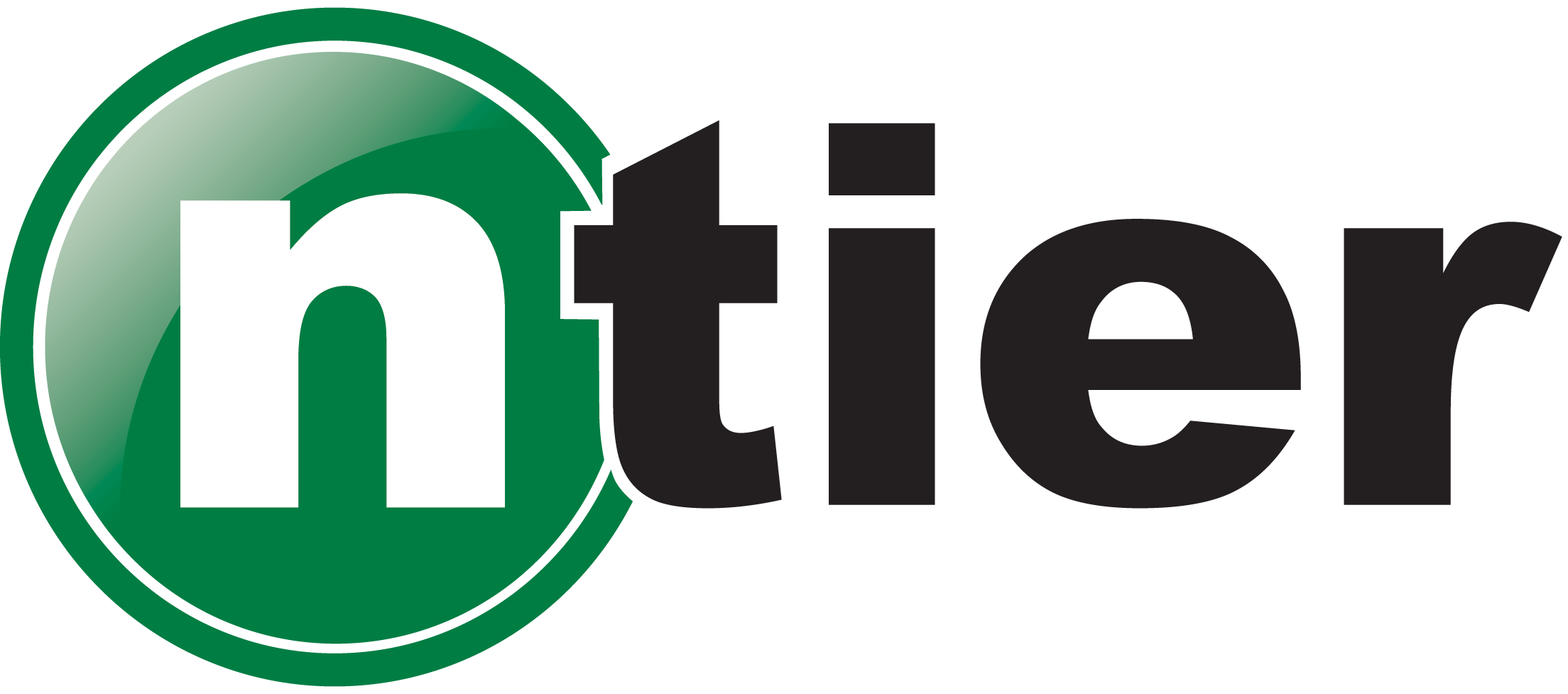Duration: 3 Days
Description
This 3-day advanced course explores the inner workings of JavaScript and equips developers with the tools and patterns needed for building complex, production-ready applications. Topics include execution context, memory management, modular architecture, advanced async handling, and defensive programming. Learners will also dive into code quality, testing strategies, and scalable design practices. Through hands-on labs and a final project, participants will strengthen their mastery of JavaScript as a professional development language.
Audience
This course is intended for experienced JavaScript developers who want to deepen their understanding of the language and adopt advanced practices used in modern application development. Ideal attendees have completed an intermediate JavaScript course or equivalent and are looking to write more modular, testable, and performant code. It’s well-suited for developers preparing to work with large-scale front-end frameworks or server-side JavaScript environments.
Objectives
- Explain how the JavaScript engine manages execution context and memory
- Implement advanced function patterns like currying, throttling, and memoization
- Structure code using modules, dynamic imports, and bundling strategies
- Work with prototype chains, proxies, and advanced object patterns
- Apply defensive coding techniques and custom error handling
- Understand and apply type safety practices using JSDoc or TypeScript basics
- Manage complex asynchronous flows with cancellation, generators, and observers
- Write effective unit tests using modern JavaScript testing frameworks
- Design scalable, maintainable JavaScript applications with a modular architecture
Prerequisites
Participants should have a solid understanding of JavaScript fundamentals and modern ES6+ features. They should be comfortable with concepts such as closures, object-oriented programming, asynchronous code using Promises or async/await, and working with the DOM. Prior experience with writing modular code and using browser developer tools is recommended.
Course Outline
Module 1: Execution Context and the JavaScript Engine
- Call Stack and Execution Context
- Scope Chains and Closures Review
- Memory Management
- Garbage Collection
- Event Loop, Microtasks, and Macrotasks
- Stack Overflow and Memory Leak Prevention
Module 2: Advanced Function Patterns
- Currying and Partial Application
- Debounce and Throttle
- Function Composition
- Memoization
- Function Factories
- Immediately Invoked Function Expressions (IIFE)
Module 3: Modular JavaScript
- ES Modules (import/export) vs. CommonJS
- Dynamic Imports
- Module Bundling Concepts (Webpack, Rollup, Vite overview)
- Code Splitting and Lazy Loading
Module 4: Advanced Object Manipulation and Prototypes
- Property Descriptors and Accessors
- Inheritance and Prototype Chain
- Using Object.create(), Object.defineProperty()
- Proxy and Reflect APIs
Module 5: Error Handling and Defensive Programming
- Try/Catch/Finally Deep Dive
- Custom Error Types
- Global Error Handling
- Defensive Patterns (e.g., guard clauses, validation functions)
- Graceful Degradation and Fallbacks
Module 6: Type Safety Documentation
- Introduction to JSDoc and Type Annotations
- Type Checking Strategies in JavaScript
- Overview of TypeScript
- Linting and Code Quality with ESLint and Prettier
- Structuring Reusable and Maintainable Code
Module 7: Advanced Asynchronous JavaScript
- Advanced Promise Patterns: Chaining, All, Race, Any
- Managing Race Conditions and Timeouts
- Cancellation Tokens and AbortController
- Async Iterators and Generators
- Event Delegation and Observers
Module 8: JavaScript Testing Strategies
- Unit Testing with Jest or Vitest
- Mocking Async Code and Fetch Requests
- Behavior vs. Implementation Testing
- TDD and Test Coverage
